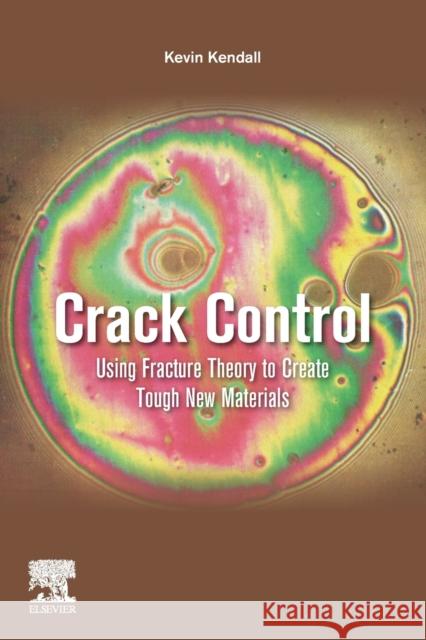Crack Control: Using Fracture Theory to Create Tough New Materials » książka
topmenu
Crack Control: Using Fracture Theory to Create Tough New Materials
ISBN-13: 9780128215043 / Angielski / Miękka / 2020 / 220 str.
Kategorie:
Kategorie BISAC:
Wydawca:
Elsevier
Język:
Angielski
ISBN-13:
9780128215043
Rok wydania:
2020
Ilość stron:
220
Waga:
0.41 kg
Wymiary:
22.91 x 15.19 x 1.65
Oprawa:
Miękka
Wolumenów:
01
Dodatkowe informacje:
Bibliografia











